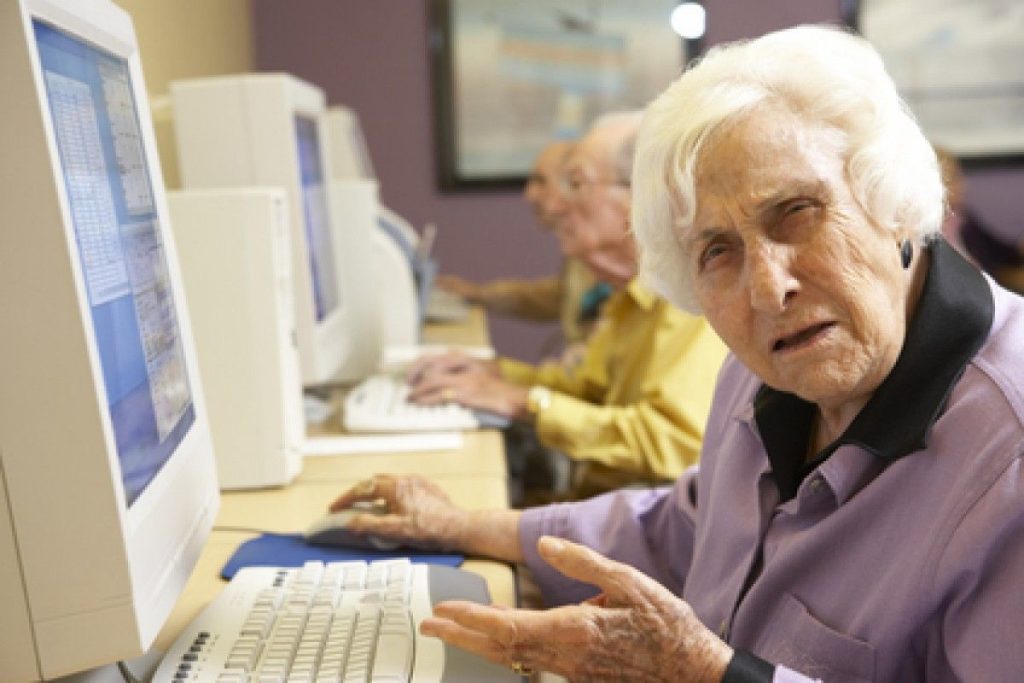Last week, I was part of an author event (aka book fair) to introduce my newly published novel Murder off the Grid to local citizens. It was an interesting and fun experience, but it did annoy me to learn that buyers don’t use cash or checks anymore. I was forewarned about this and looked into the rigamarole needed to get myself set up to process credit cards. It involves a lot of technology, and the companies controlling these methods also take a small cut of every payment one receives. I would prefer the few seconds it takes for a crisp $20 bill to get from a buyer’s hand into mine.
What bothers me the most is that in today’s world, one hasn’t much choice. Either one goes with the flow, or one stands on the banks of the stream. That’s pretty stark when almost everything to do with living a modern life is flowing in the stream—the cyber stream. Until recently, it was the elder generations who held the knowledge needed by the young for learning how to navigate the world both in work and society. But now, it’s the seniors who need the young for help in navigating important aspects of this new way of life. The older generation has lost both the traditional role of knowledge-keeper and, I think, the respect it garnered.
It seems to me that many older people feel left behind. We have had to adapt to a different way of life far faster than any older generation perhaps in the history of the world (I’m not including disasters, etc. that suddenly change everything for the victims.) The moving strip at the top of this blog’s main page represent some of the changes in our way of life, and they only scratch the surface. To use many of today’s tools and procedures requires a different kind of know-how for seniors. For example, we used to write letters to our relatives and friends. Now we email and text them. We used to rely on pay phones when not at home. Now we carry a phone with us everywhere. We used to use words to express ourselves. Now we use emojis. We used to boil water in a kettle. Now we microwave in a mug. We used to go to the library to find information. Now we Google AI on our phones or computers. Almost everything we do now involves sophisticated technology. Very little in our lives is done “the old way.” Not knowing how to do something “the new way” via the computer or any other technology makes some seniors feel marginalized or even ashamed

when they should feel proud at having lived a long, useful life. And, very important, they’ve gained from that experience a wisdom that has nothing to do with how to manipulate technology but is badly needed for just living as a human being among other human beings.
What’s the consensus? As time goes on, I’d like to go deeper into this because there are many factors of our lives today that are positive as well as negative. And those factors influence human interaction in society now and will influence it even more in the future. But for now, how do you feel about living in cyberspace? Do you enjoy it? Hate it? Feel ambivalent? Does it help or hinder a senior from leading a satisfactory life? Are there remedies for the downside? I’m looking forward to reading what you have to say.
Julie

6 Responses
I thrive in it. Another exciting adventure. Bring it on…
Good for you, Frank. You are the ultimate miner of internet information. However, how can you be sure the “ore” isn’t fake. Are you at all worried about what it might mean potentially for us humans?
Kudos to you for taking on this technology to produce this great blog. I used to enjoy using technology when my memory was in top form, but now I struggle with it a bit. I have no idea how to use my phone for payment, for example. And I really don’t want to learn! I want to spend my years now appreciating nature, taking walks, visiting with friends. writing, and doing all the “analog” things I didn’t have time to do when I was working.
Ah, analog. “Appreciating nature, taking walks, visiting with friends. writing.” I fear that technology has robbed my grandchildren of those kinds of joys in life.
I was an early adopter of instructional technology, including the use of email. (My first email address was nancy@xxx.edu). When I moved from teacher education to faculty development, my key role was serving as a bridge between faculty members and tech support.
At age 75, I consider myself an above average user, but am probably using less than 50% of the capabilities at my hand. I always knew the technology would rapidly evolve, but the exponential speed has been stunning — perhaps faster than our societal norms can cope. Just as a hammer can be used to build things, it can also be used to destroy. The ethical issues associated with adoption of these technologies are deep and wide. Great fodder for philosophical discussions, but potentially destructive to our way of life.
I’m happy to keep doing what I’m doing, learn a little more, and leave the cutting edge stuff to others.
Couldn’t agree with you more, Nancy